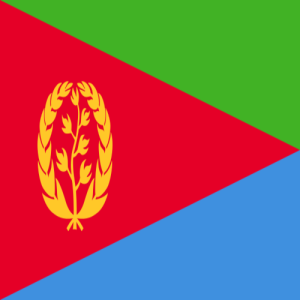Somalia has made a strategic move in response to perceived threats from Ethiopia. President Hassan Shik publicly declared that Somalia would prevent Ethiopia from setting foot on Somali territory at any cost. The concrete steps taken to back up this claim were revealed today when Somalia’s cabinet, led by Hamza Diare, approved a significant maritime and defense cooperation agreement with Turkey.
Background and Decision-Making Process
President Shik’s firm stance on preventing Ethiopian access to Somaliland led to the approval of the maritime cooperation agreement with Turkey. While the decision was hinted at a few days prior, the agreement’s details have now been made public. President Shik emphasized Somalia’s readiness to make difficult decisions, and the approved agreement signals a clear and bold move to safeguard Somali interests.
Turkey’s Role and Benefits
The agreement establishes Turkey as the leading weapons supplier to Somalia and its primary defense partner. Turkey will play a pivotal role in training Somalia’s navy managing and protecting Somali territorial waters. The move is reminiscent of Turkey’s past interventions, such as its involvement in the Libyan Civil War. Notably, Turkey’s role in Libya was driven by economic interests, disrupting an Eastern Mediterranean gas pipeline deal from which it was excluded.
Agreement Details
According to the agreement, Turkey will train Somalia’s navy, deploy it to protect Somali territorial waters, and handle anti-Somalia fishing activities. Additionally, Turkey will receive 30% of the revenue generated from Somalia’s underwater resources. This includes Turkey’s capabilities for exploration, which are expected to be deployed to tap into Somalia’s vast maritime resources.
Geopolitical Implications
The agreement takes on added significance as Somalia navigates geopolitical challenges with Ethiopia and a maritime dispute involving Kenya. Moreover, Turkey’s intervention in Somalia may reshape regional dynamics, and questions arise about whether Turkey will uphold international court decisions and actively contribute to Somali interests in various disputes.
Conclusion
Somalia’s decision to forge a strategic alliance with Turkey reflects the complex geopolitical landscape in the region. The maritime cooperation agreement addresses immediate threats from Ethiopia and positions Turkey as a critical player in Somalia’s defense and economic pursuits. As events unfold, the world will be watching to see how Ethiopia responds and how this new alliance shapes the geopolitical future of the Horn of Africa.










More Stories
Eritrea Ranked at the Very Bottom of World Press Freedom Index
Amhara Militia Members Attack a Sudanese Refugee Camp
Eritrean Asylum Seekers Face Deportation in Switzerland